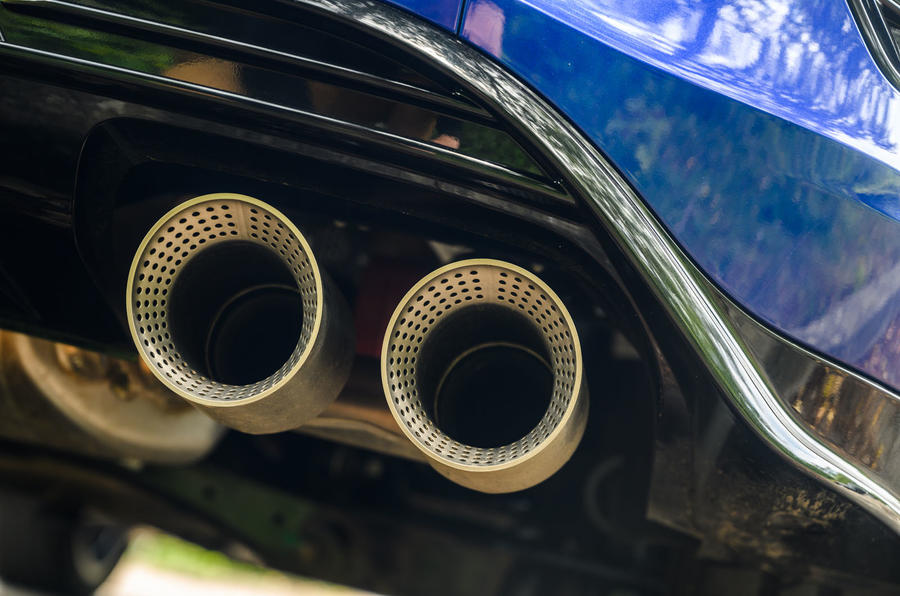Are we in the midst of ‘climate change’ or a ‘climate emergency’? Personally, I don’t think there’s a debate.
My outlook is set towards emergency, forged on the groundswell of scientific research pointing that way and amplified by images of extreme weather events of recent months and years. But, because I rely on the testimony of experts rather than having any expertise myself, it is just an opinion. And one with which a lot of people argue.
Some reject that same scientific research I accept; some point to one of the (very few) expert reports running counter to my view; some put their faith in non-experts; and some simply don’t care.
The climate emergency – and by extension the move towards electrifying transport – is up there with Brexit, immigration, vaccination and more in its ability to divide. I’d even argue it has the potential to eclipse all their toxicity as time ticks on and crunch points arrive.
The risk, both to the planet and more specifically to the car industry, is that the climate joins other divisive topics to become weaponised. Certainly, today there are politicians and lobby groups making headway out of taking contrarian standpoints.
Science aside, they have plenty to draw on. New electric cars are relatively expensive, in some regards compromised, and more environmentally damaging to manufacture than combustion vehicles. You don’t need to be a genius to build an audience based on those broad statements.
The counter arguments, which I subscribe to, can get lost in nuance. Yes, electric cars are relatively expensive today, in pounds and upfront environmental cost, but they are a decade into serious development, not 120 years into it. Progress is coming – so long as we allow enough time for it to take effect.
Prices are falling and older cars are flowing into the used market in serious numbers now. The ecosystem of affordable electric cars is building. Already the whole-life environmental cost of the average EV eclipses that of an ICE vehicle after 20,000-40,000 miles of driving. That will further improve, as will ranges and the charging infrastructure. And that’s all before mentioning the benefits, from the way EVs drive to being able to charge them at home while you sleep.
Whatever electrification’s short-term flaws may be, the overwhelming evidence suggests it is the best long-term path. Naysayers may enjoy glittering short-term popularity – giant political careers have been built by betting on contrariness in recent times – but that doesn’t make them right.





Join the debate
Add your comment
Another aligned issue is air pollution. Diesel fumes are responsible for an estimated 1 in 12 cases of childhood asthma. In 2012 the WHO categorised diesel exhaust fumes as carcinogenic. Moving to electric vehicles would have a significant benefit in reducing air pollution and saving lives. In addition, there is a geo-political question. Why are we paying countries like Russia and Saudi Arabia for petrol and diesel, when we could run our cars on renewable electricity generated in the UK?
You're exactly right Jim. The latest research from the ICCT shows that the extra carbon emissions associated with battery electric vehicle manufacture are wiped out within 7,000 miles, so less than a year of average mileage, plus EV CO2 emissions over the car's lifetime are 70% lower overall than for fossil vehicles. Petrol and diesel can't be recycled either, whereas batteries can, and are being. In addition, new research from the Platform for Electromobility indicates that electric car sales in Europe will overtake fossil car sales by 2025. This debate is, in fact, 'all over bar the shouting'. EVs will take over faster than expected and the smart money is already recognising this.
Bottom line for me - an EV isn't a transport solution for me. They're way too expensive and too compromised, as well as being less environmentally friendly than most politicians and car journalists will have you believe.
So the alternative to a once realistically-priced ICE car (but no longer - they're obscenely expensive now too, thanks to the scam of trying to make the price of EVs look more competitive) is for me to work from home, walk more, use a bicycle, use public transport or occasionally use my aging current ICE car when those other options aren't up to the job.
Spending around £40k on an EV is a ridiculous waste of money, even on finance - especially when so many of the incentives for buying and owning an EV are politically driven so can be taken away at any time (they don't call money-making schemes like the congestion charge a 'polution charge' for a reason).